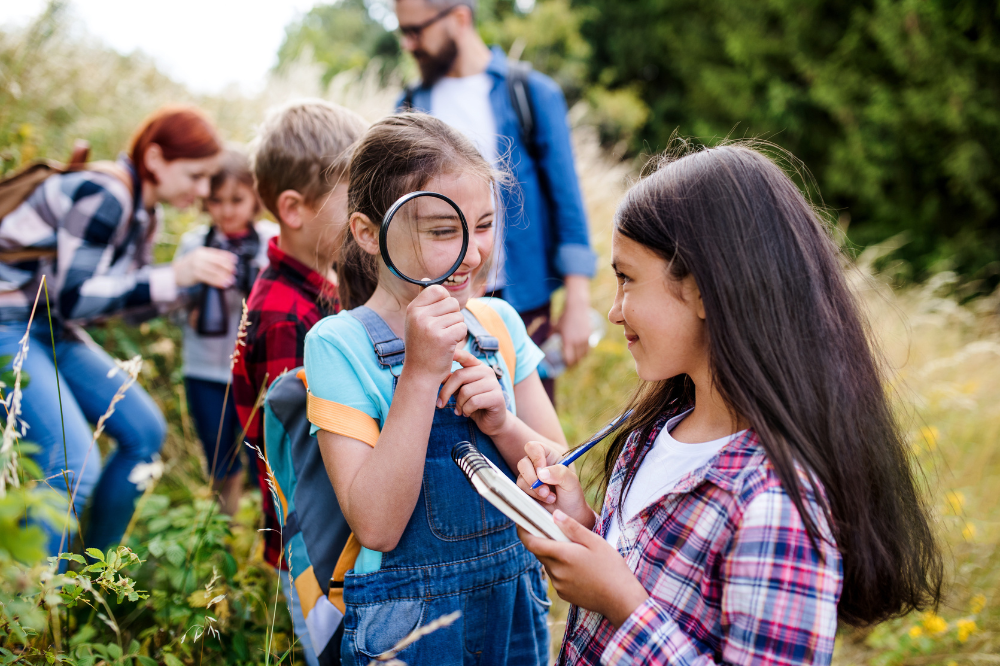
Education experts are advocating for a renewed focus on learning beyond the traditional classroom, highlighting its potential to enhance student behaviour, academic achievement, and overall well-being. Research indicates that outdoor education, field trips, and community projects offer hands-on experiences that foster teamwork, encourage critical thinking, and promote healthier life habits.
Despite these benefits, many schools—particularly at the secondary level—lack the resources and facilities to deliver outdoor learning programs effectively.
The growing importance of outdoor learning
Professor Tonia Gray, a senior researcher at Western Sydney University’s Centre for Educational Research, believes outdoor education is more relevant than ever. “Evidence-based research over the past few decades shows that learning outside the classroom can improve engagement and classroom behaviour, enhance academic achievement scores and cognitive function, and positively impact the health and wellbeing of students,” she said.
“Some children are better suited to ‘embodied learning’ as they are kinaesthetic learners. When afforded the opportunity to learn in outdoor environment they can undertaking self-directed exploration and experimentation.”
Gray also noted a concerning trend: a shift towards sedentary, screen-based education, which she argues has contributed to increased childhood obesity and anxiety levels, as well as a decline in interpersonal skills.
“Outdoor experiential learning engages children in practical, active learning experiences in natural environments and sometimes risk-taking settings beyond the four walls of the traditional school classroom offer a myriad of benefits,” she said.
Skills for learning and employment
Dr David Aldous and professor Dawn Penney of Edith Cowan University stressed that outdoor learning is essential for developing skills critical to both education and future employment.
“Learning in the outdoors is integral to providing a unique means of expanding environmental and cultural understandings in students,” said Penney.
Their research underscores the long-term advantages of outdoor education, linking it to improved health, social skills, and overall well-being. Aldous and Penney advocate for government investment in outdoor learning opportunities, arguing that educational policies must prioritise access to nature-based experiences.
Behavioural and social benefits
Associate professor Brendon Hyndman of Charles Sturt University highlights the behavioural advantages of outdoor learning. “Students report better behaviour and less bullying if they are engaged in outdoor experiences and learning opportunities at their school,” he said.
Hyndman emphasised the need for structured outdoor learning in secondary schools, where limited facilities often prevent students from accessing nature-based education. “Research shows that secondary school teachers have a lower understanding of adolescent physical activity and play needs,” he said. “Students require their own recreational spaces and time to think for themselves for their development.”
Hyndman calls for increased funding to create diverse, engaging outdoor spaces in schools. “Creating more options for students to play in the outdoors helps students to discover new ways to do things in the real world,” he noted.
